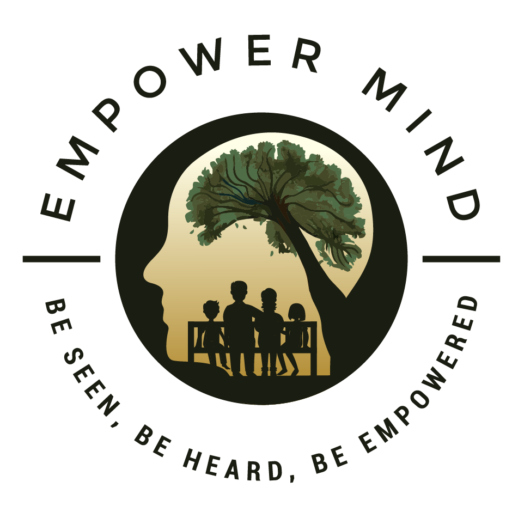
We provide valuable services for parents, whether your child is in treatment already or you need guidance for parenting concerns.
Parent consultations can teach you how to handle challenging situations more effectively; decreasing problematic behaviors in your child and increasing your ability to respond calmly and appropriately. Our clinicians serve as educational and supportive resources for you, teaching you new ways to communicate that positively impact your family relationships.
We address your own anxieties, frustrations, and coping styles, and you’ll gain a greater understanding of your child so you’re able to more skillfully respond to their needs. Parenting sessions are not to determine diagnoses for children/parents or to provide specific treatment, but rather to equip you with parenting strategies customized to support your unique child.
Parenting consultations are offered to parents of children and teens who are already in therapy with us, or to parents whose children are not or refuse to be in therapy. There is strong research to support that working with parents, even without the child, can positively impact child functioning.
Consultations can address a wide range of issues, including:
It is hard to watch your child struggle, and sometimes it is hard to know how best to help. Parent coaching and support is a vital part of treatment for all children. When your child is seeing one of our therapists or child psychiatrists, we keep you informed of our treatment plans and involve you in decisions relating to medication. The younger a child is, the more likely it will be that effective therapy will include parental participation.
We strongly value parental input, and collaborate with parents to ensure that your child is making progress toward their goals. Your child’s clinician will teach you tools and strategies that are consistent with the therapies we are using to help your child. In addition, you’ll be provided with recommendations on how best to respond to your child and methods to minimize your own stress.
For example, with an anxious child, a concerned parent’s first reaction to reassure the child can often inadvertently make that anxiety worse. We’ll provide you with evidence-based strategies and suggestions for more effective ways to respond. Another child issue in which parent intervention is often the first line is ADHD, especially for young children. We often see parents independently of young children with ADHD, to reduce the impact of a child’s ADHD on the family’s life.
At times, parents may require therapy sessions without the child present, to request guidance and vent frustrations. Parents can meet for a one-time consultation, a few sessions, or on a weekly basis. The Empower Mind also frequently offers parenting webinars and programs where you can learn from expert therapists on a variety of topics.
We are now offering a new, parent-based treatment to address child and adolescent anxiety called SPACE. This novel approach was developed at the Yale Child Study Center by Dr. Eli Lebowitz, and is a systematic program that teaches parents how to supportively and appropriately respond to their child’s anxiety through changes in their own behaviors. By reducing an ‘accommodating’ approach to a child’s anxiety, parents are able to engage in a manner that ultimately enhances the child’s ability to cope with anxious thoughts and feelings.
Parents are taught to calmly accept a child’s distress, while avoiding reactions that exacerbate symptoms, resulting in significant improvements to their anxiety.

A mental illness is a condition that affects a person’s thinking, feeling, behavior or mood. These conditions deeply impact day-to-day living and may also affect the ability to relate to others. If you have or think you might have a mental illness, the first thing you must know is that you are not alone.
Copyright © 2023 — All rights reserved by Empower Mind | Website Made By SalesEnzine.